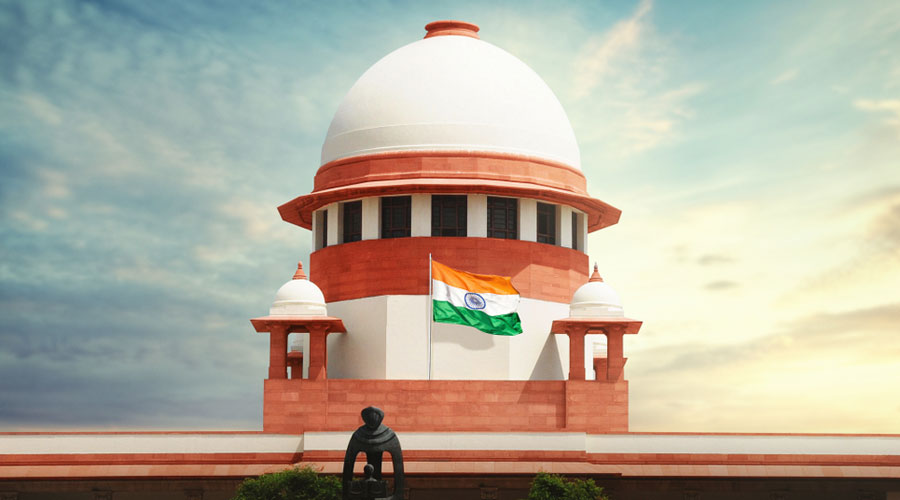Priyanshu
The Supreme Court of India has delivered a landmark judgment that clarifies the concept of implied revocation of Power of Attorney (PoA) in a case involving a property dispute between two sisters. The ruling, which has significant implications for principal-agent relationships, emphasizes the importance of clear communication and decisive actions in revoking an agent’s authority.
Case Background
The case, Thankamma George v. Lilly Thomas & Another., centered on a property dispute between two sisters, Thankamma George and Lilly Thomas. In 1991, they jointly purchased a plot of land. Thankamma, who was working abroad, granted Lilly a power of attorney to manage the property in her absence. However, a dispute arose when Lilly sold a portion of the property to her husband in 2008, allegedly without Thankamma’s knowledge or consent.
Key Legal Issues
The Supreme Court addressed several crucial legal questions in this case:
- Implied Revocation of Power of Attorney: The primary issue was whether Thankamma’s actions, specifically her participation in a joint sale of a portion of the property with Lilly in 2008, constituted an implied revocation of the power of attorney she had granted to Lilly.
- Validity of the Sale Deed: The court examined the validity of the sale deed executed by Lilly in favor of her husband in 2008, considering whether Lilly had the authority to do so after the alleged implied revocation of the power of attorney.
- Limitation Period: The court also considered whether Thankamma’s lawsuit, filed in 2011, was barred by the statute of limitations.The Supreme Court referenced the Limitation Act of 1963 in determining whether Thankamma’s lawsuit was barred by the statute of limitations. Specifically, they considered Article 58 of the Limitation Act, stating that the period of limitation for a suit is three years.
Court’s Decision
The Supreme Court, in its ruling, sided with Thankamma George. It held that her participation in the joint sale of a portion of the property in 2008 amounted to an implied revocation of the power of attorney granted to Lilly. This revocation meant that Lilly no longer had the authority to act on Thankamma’s behalf when she sold another part of the property to her husband in 2008. Consequently, the court declared the sale deed executed by Lilly in favor of her husband as void.
Reasoning
The court’s decision was based on the interpretation of Sections 207 and 208 of the Indian Contract Act, 1872. These sections deal with the revocation of agency, either through express words or implied conduct. The court emphasized that when a principal acts independently in a manner inconsistent with the agent’s authority, and this action is known to both the agent and any third parties involved, it constitutes an implied revocation of the power of attorney.
Implications
Justice Bhatti concluded that Thankamma’s action of signing the sale deed with Lilly for part of the property in January 2008 clearly implied the revocation of the power of attorney. According to Justice Bhatti:
“There is no doubt that the Appellant implicitly revoked Respondent No. 1’s authority under Section 207. Additionally, as per Section 208, Respondent No. 2 was aware of the Appellant’s independent transaction involving the property. Therefore, the revocation became effective on January 18, 2008.”
Conclusion
The Supreme Court’s decision in Thankamma George v. Lilly Thomas and Another. provides much-needed clarity on the concept of implied revocation of power of attorney. It serves as a valuable legal precedent that will guide future decisions in similar cases, ensuring fairness and protecting the rights of both principals and agents.
Name of the case: Thankamma George v. Lilly Thomas and Another
Case number: Appeal No. 6495 of 2023,
Bench: Justices C.T. Ravikumar and S.V.N. Bhatti.

